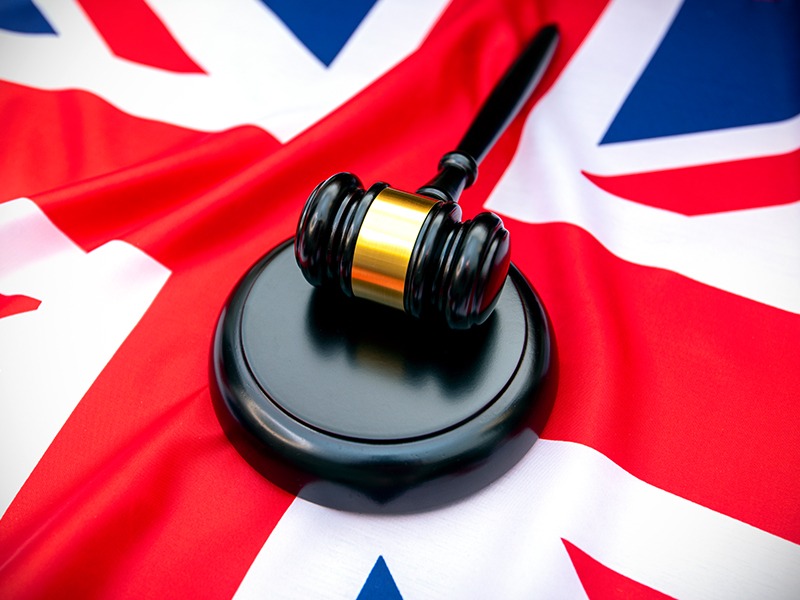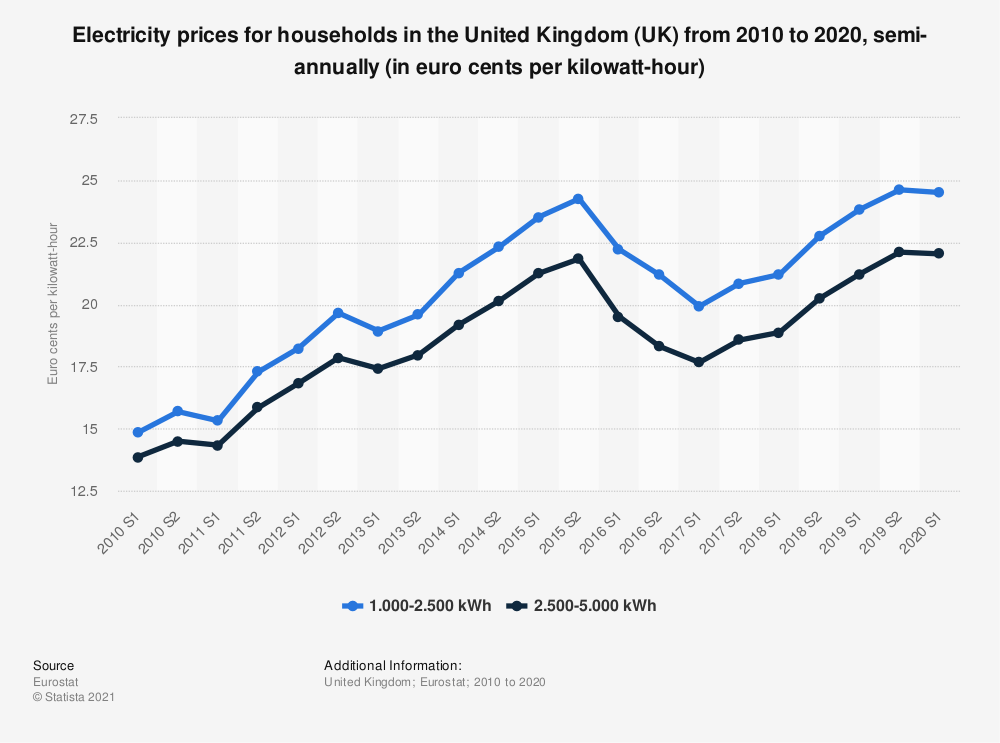Bill Cost in the UK
As the price cap on standard tariffs dropped from pre-pandemic levels, household energy bills cost in the UK will rise for 15 million households in Great Britain starting in June.
Ofgem (Office of Gas and Electricity Markets) is reporting that for six months beginning in June, the price cap will rise for 11 million customers on dual-fuel energy tariffs up to £1,138, and for 4 million customers on prepayment meters by £87 to $1,156.
As a result, the regulator blamed the rise on the sudden surge in energy prices on the wholesale energy market. The Covid-19 crisis also meant that energy companies required additional charges from consumers who couldn’t keep up with their bills.
Jonathan Brearley, the CEO of Ofgem, said, “energy bill increases are always unwelcome, especially since many households are struggling with the impact of the pandemic.” “In order to ensure that customers are paying only a fair price for their energy, these changes have been carefully scrutinised.”
Top 4 Remarkable Tax Tips UK and Poland
Consumer groups have expressed their dismay over the decision, warning that many households already have mounting difficulties due to the economic effect of Covid-19.
Concerns have also been raised that consumers could be pushed further into debt because of the decision of the Energy Regulator to increase the fee by £23 to help energy companies claim back the monies they have missed out on due to unpaid bills.
In response to the increase in fuel prices, Adam Scorer, chief executive of the fuel poverty charity National Energy Action, said, “desperate situations will become much worse”.
The people with the lowest incomes and the worst housing always get hit hardest. In homes with poor insulation, heating costs up to £50 more a month than in homes with decent insulation. Millions of households face stark choices if bills increase by around £100: stay cold or fall further into debt.
In a statement, Ofgem said that the £23 allowance would help to safeguard energy suppliers’ customers, especially those in need.
Brearley said that “as the UK still faces challenges concerning Covid-19, the new insurance provider is expected to set their prices competitively and treat customers fairly during this exceptional time.”
“Several major energy companies and consumer groups are working with the government and Ofgem to help consumers during these difficult times, so I urge anyone unable to pay their energy bills to contact their supplier and get the help available.”
It is also required of energy suppliers to provide emergency credit to customers struggling to top up their prepayment meters and put those behind on their bills on affordable repayment plans. The company should not disconnect its customers.
Alistair Cromwell said the energy bill rise would hurt millions of households as the government prepared to eliminate a £20-per-week benefit via the universal credit scheme.
“With the job market being tight and essential bills increasing, now is not the right time to cut this vital lifeline,” he said.
According to the regulator, consumers will still save between £100 and £200 a year on their energy bills with the price cap in place. The study estimates that consumers could save £150 if they switched energy tariffs.

How Much Energy Does a UK Household Consume on Average?
In the UK, energy costs are on average £1,289. However, how do these numbers translate into unit averages (kWh) for gas and electricity?
These are the general numbers for the electric bill by kilowatt-hours each month:
- Electricity use is low: 150 kWh per month
- Average electricity use: 242 kWh per month
- Electricity usage is high: 358 kWh a month
The average kWh usage for gas per month is as follows:
- Electricity usage is low: 666 kWh per month
- Medium electricity use: 1000 kWh a month
- High electricity usage: 1,417 kWh a month
Our focus will be on electricity, to sum up. North Scotland, the South West, Merseyside, and both North Wales and South Wales all pay more than 15p per kilowatt-hour on average for electricity to supply their homes. And among the cheapest in the UK are the East Midlands, Yorkshire and South Scotland, according to Nimblefins.
And here is Electricity prices for households in the United Kingdom (UK) from 2010 to 2020, semi-annually (According to Statista).
*(in Euro Cents per kilowatt-hour)





